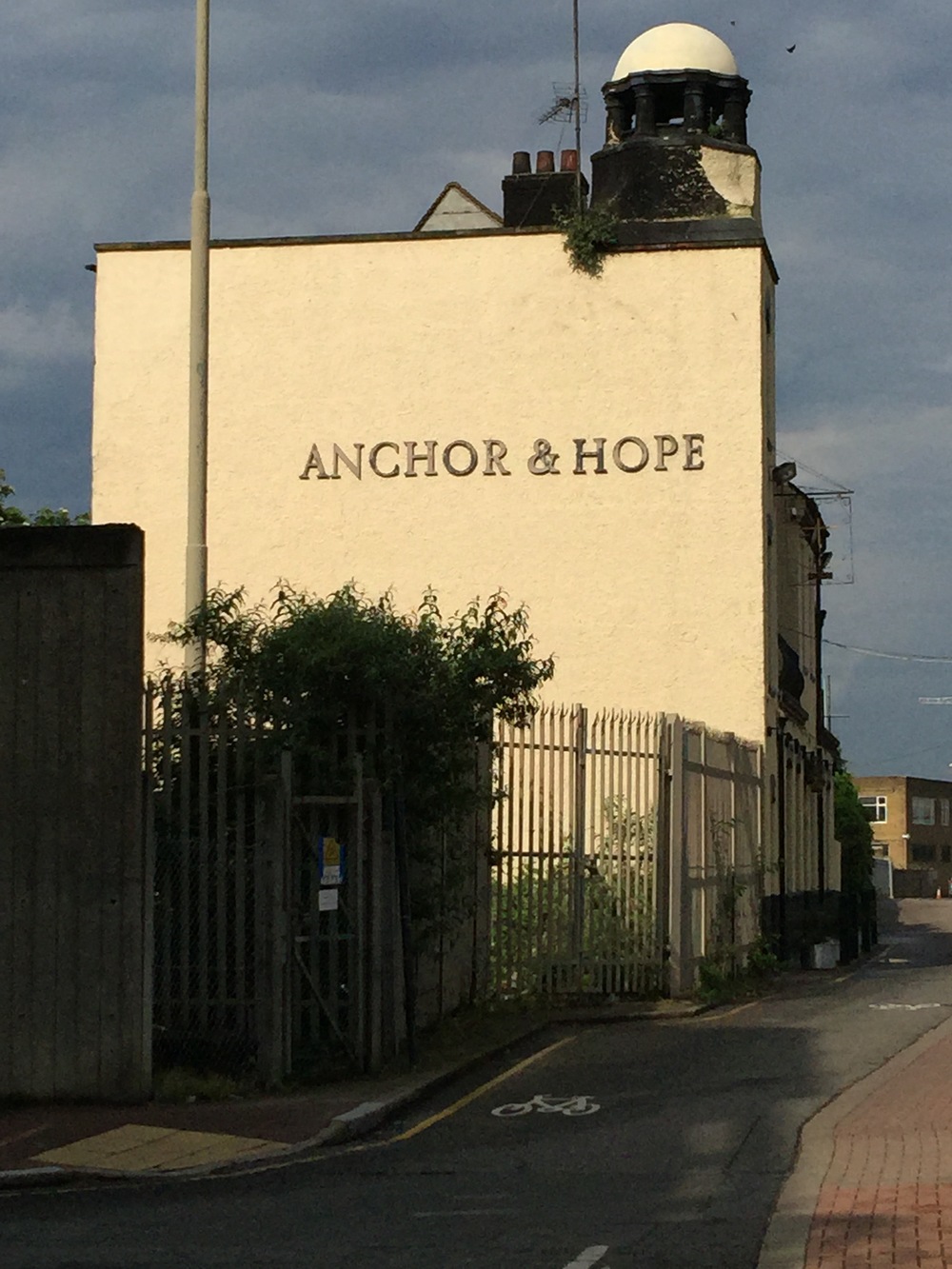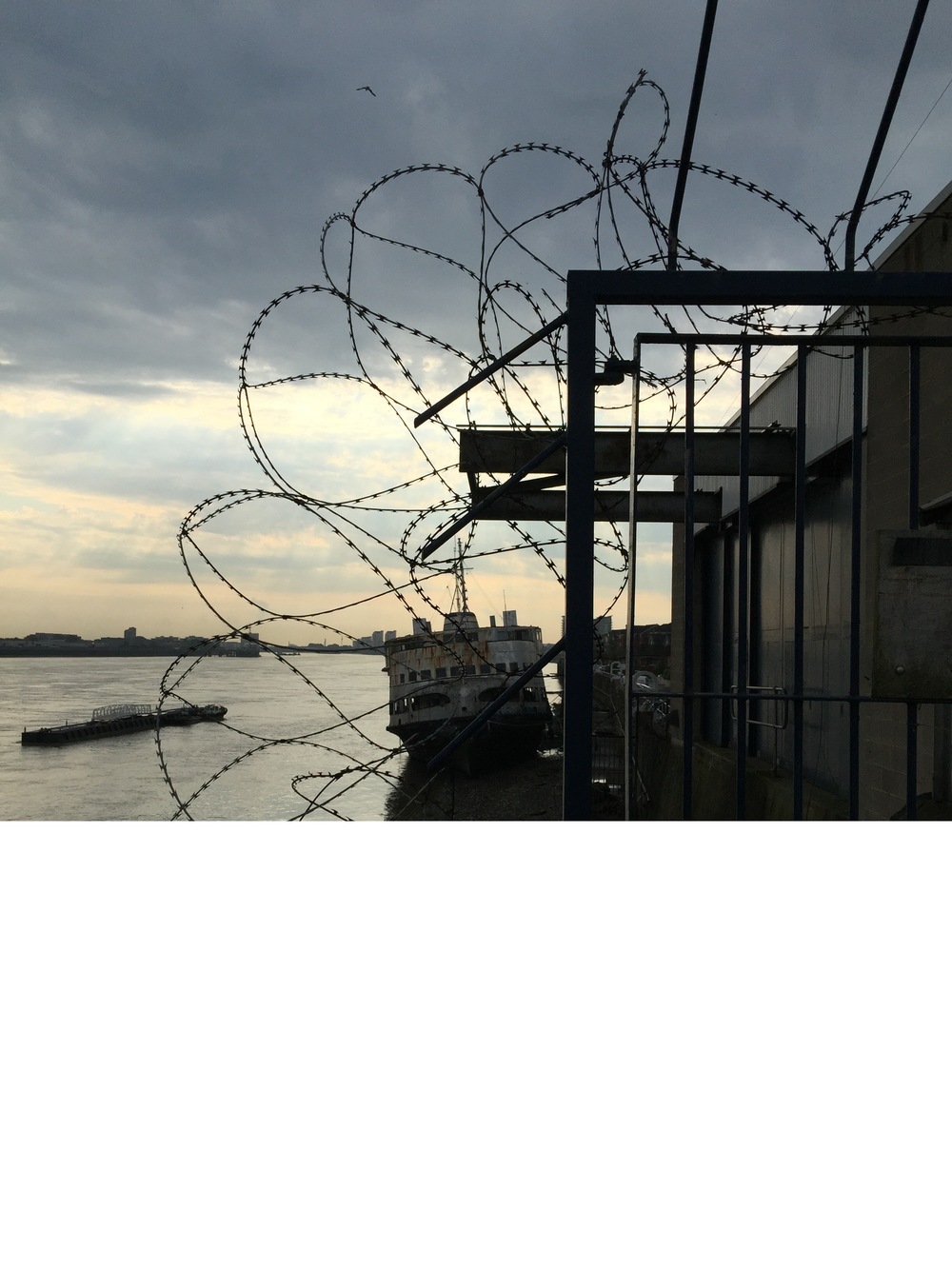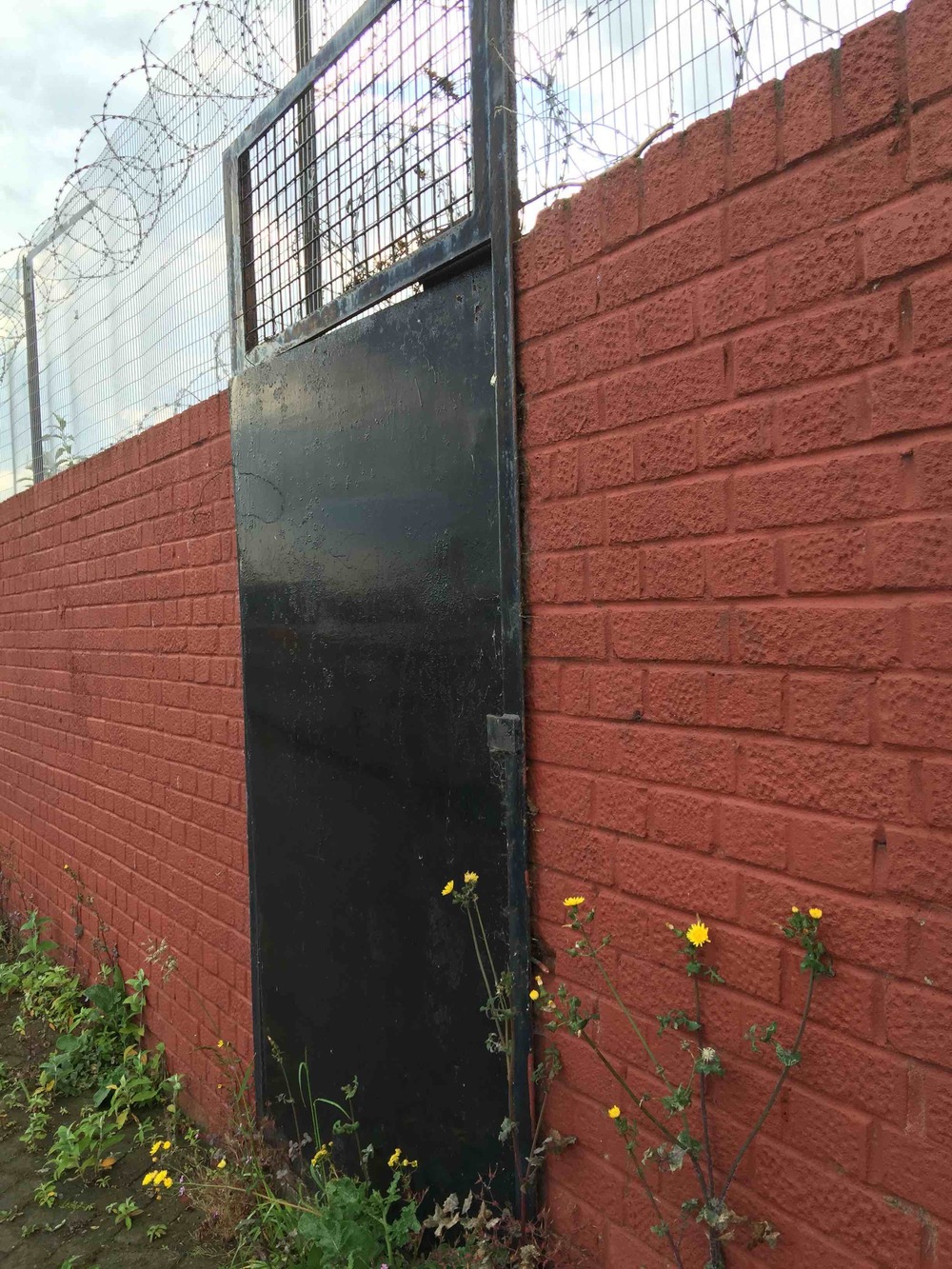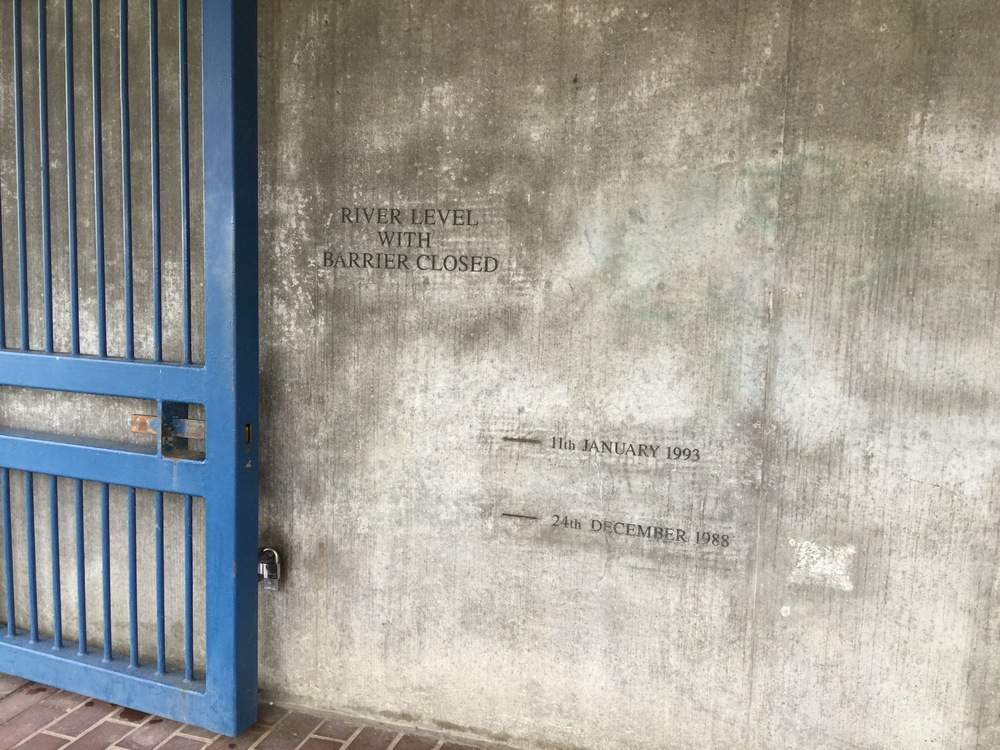I have always been an artist. But I have never before believed that if I clarify my desires, hone them into goals, and plan to achieve them, that I can.

On one hand, believing in that art of the possible places a lot of value on the preferences that seem to come from within. And on the other, the belief itself comes from a deepened understanding of how social markets are. If businesses thrive by giving people products and services they need, making their lives better—then all successful businesses are art businesses in the sense that their owners are doing their own art. And I want to help the world thrive through art, then I can be a successful businessperson, too.
Yet, the sociality of markets also means that I have to hone my desires into goals that serve others.
Lately, I have gotten really good at the meta level of this process. I want to make the world feel safe to flourish through art, and I have some ideas about how to do it.
But—much to my chagrin since I’ve been trying to “launch my own art business” for months if not years—I have not actually written a business plan.
Why No Business Plan, Dr. Wilde?
Hear me out. There is a really deep insight behind the spirit of this stupid mistake.
Plans are bad.
Or rather, inflexible plans that keep you from adapting, constantly integrating new information and connections, and otherwise going where the water is are bad.

Central planning doesn’t work for economies, so why should it work for careers?
The same problems apply—the information environment changes too fast for centralized government agencies or even a single person exploring the world to know far in advance what goods or services are in what demand, what consumers want, or how to respond in the moment without, you know, responding in the moment.
So life improv is the most efficient way to run your career as a business. By life improv, I mean showing up to play. By showing up to play, I mean things like listening to people without knowing what (if anything) you’re going to say in response. Or getting on a plane to another country with a one-way ticket and no place to stay.
But conventional business wisdom—and indeed conventional wisdom across the board—says you need a plan. And these two things don’t have to conflict. You can show up to play within a plan. Provided it’s a non-plan plan. A flexible plan. A plan you update, adapt, or throw away and rewrite entirely when it’s not working.
But first you have to make the plan. That’s a problem for a lot of creative people.
Plan Not Do is Artist Death
We all have analytical as well as creative skills. The systematizing part of the brain that wants to sort colors into some kind of order, and the messy part that wants to move with the music to smush them all together into something new—and turn the canvas upside-down to try again if we don’t like the result. Planning gets in the way of doing when we insist on knowing the result before we start.

This is artist death. More broadly, this is why perfectionism is the most common cause of procrastination. It’s an attachment to outcome that keeps us from being open to the process. That’s not just bad for creativity, or work production. It’s not the most fun way to live, either.
Civil society depends on it being safe to risk, in art and life. That’s part of why libertarian thinkers like Friedman and Hayek supported a negative income tax or minimum income. Because when you know the worst possible outcome of trying your hardest to achieve your dreams is short of homelessness and hunger, you’re more likely to feel safe to show up and play. And that helps society flourish, because it helps people flourish.
That’s also part of why I’m bouncing around London without a permanent address or income, trying not to find work so much as to implement my artistic vision and meet people who can help me do that in more social ways.
In some ways, it definitely works, this “show up and play.” I did improv on a London stage Sunday night, and met amazing comedians and lovely people doing it. For someone who has struggled with social anxiety to the extent of barely speaking for months at a time, it was magical to be my happy performance self without fear, all of a sudden, with the right new people in the right new place. They didn’t even know I hadn’t done an improv performance before. So I learned I have to some native extent that skill set that I’ve long fantasized about developing but never been brave enough—or had a good enough plan—to try.
Last night, I did stand-up—or rather, my far too academic facsimile thereof—at a mostly poetry, filmed open mic. Seeing how well I present on-camera was shocking. And getting help writing actual jokes on my material after was great fun. So now I can do that again, and keep learning or relearning how to talk about what matters to me in ordinary language, honed into one-line jokes that “show not tell.” Good writing isn’t just rewriting. It’s also good talking. And for that you have to go outside. And going outside is easier in a big city, when you don’t have a proper place to hide away anyway. It’s pretty hard to be agoraphobic when you’re couchsurfing.
Every night this week I’m doing something like that, culminating (I hope) in an open mic Friday with an amazing pianist I’m really excited to sing with. My intuition is that all these performance throws—pushing myself outside my comfort zone to develop my expressive and presentational abilities like I’ve always wanted to—are serving a bigger purpose. I just don’t know what that purpose is yet. I wish I knew. And I don’t know. And I can’t know. And I have to keep embracing that and showing up to play.
Still, I Need A Plan
I will not plan myself out of doing. I will not plan myself out of doing. I will not plan myself out of doing.
But I’ve been reading about how to write a proper business plan, and I want it done yesterday.
There are lots of great resources and templates out there for doing it. It probably should’ve been the first step in thinking about leaving my Harvard postdoc to start my own art business. But the intuition about what was next was so strong and so much better developed than the analytical thinking about it, which mostly agrees with people who tell me what I’m doing is totally crazy. (Lucky for me, I have a tendency to take that as a compliment.)
I’m still not sure how to write a business plan, though. I could write seven—one centered on the book series Where the Wilde Thinks Are, one on the new social media tool and satire site Memes, Bitches, one on music, one on stand-up, one on painting, one on screenplays, one on other writing—and ask people to vote on them. But often artists need to pursue several projects at once for creative and material reasons.
Plus writing seven business plans seems like a bit of a waste of my time and yours.
Plus it’s “plan not do,” and validating potential business ideas through experiments makes more sense. But first I need a plan to validate. I’ve done this ad hoc a bit with painting sales on Etsy, art merchandise sales on Zazzle, and editing/tutoring services. But I want to do it much better and as part of a bigger picture.
So I need to know better where to start. Do you start with the There, the point to which you’re trying to get from Here, and work backwards? Do you start with the genre of product or service you want to be offering, with validating experiments to see what people actually want or need? Do you start with the thing you can’t help doing because it’s your calling (cf Jewel, Hedy, Vincent)? I think you have to do all three at once. But I don’t know how.
All I know still is that you start by showing up to play when you don’t know what else to do.

Because no matter what you do with your analytical mind, and no matter what you do as an individual, the creative and the social river flows.